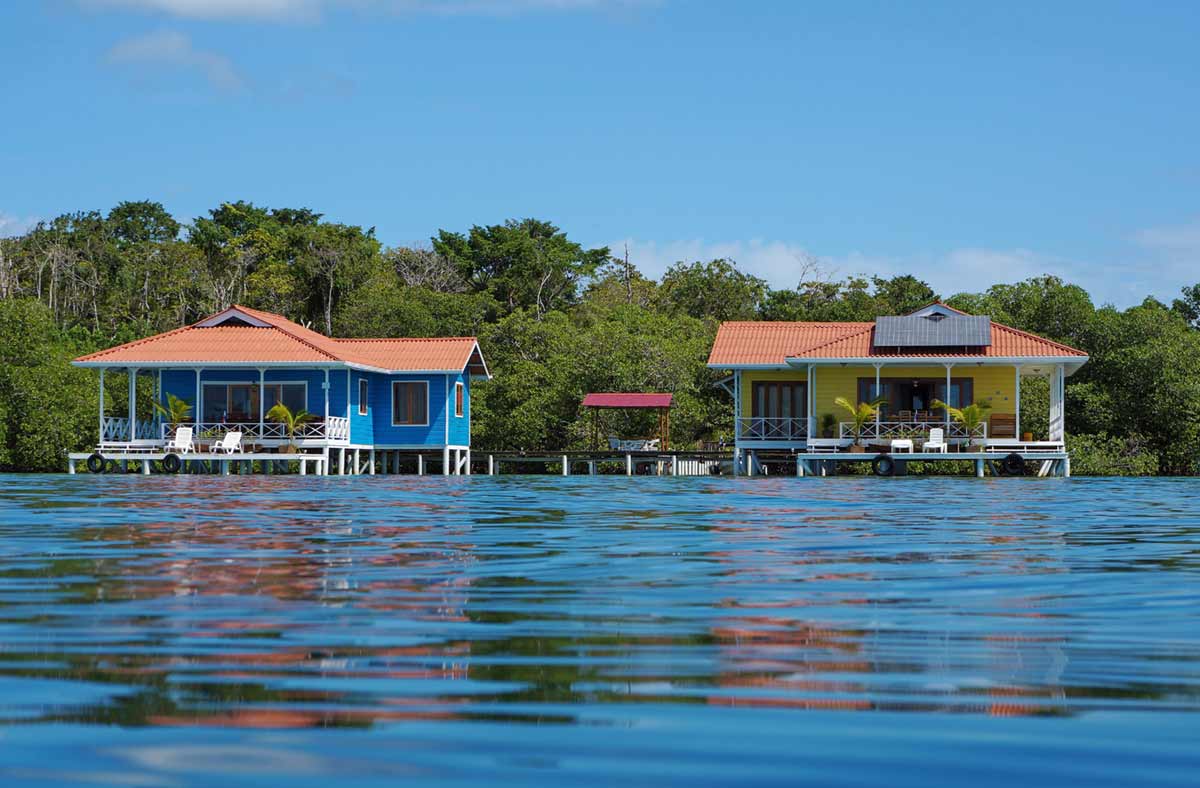Living Life Unplugged: The Practical Guide To Going Off-Grid
In the flurry of modern life, the appeal of returning to nature is growing. Many are embracing a lifestyle where they disconnect from the mainstream, trading the hustle of city living for the tranquility of more secluded spaces with the practical guide to going off-grid. This emerging trend, known as ‘going off-grid,’ is becoming a reality for those who wish to regain control of their lives and create a more harmonious relationship with nature.
What Is Going Off-Grid?
Going off-grid signifies adopting a lifestyle that operates independently of public utilities. It’s about relying on autonomous systems to generate power, harvest water, dispose of waste, and grow food. Composting toilets and portable power stations are common in off-grid communities. These tools are essential for managing energy and waste to sustain a life away from towns or cities.
Off-grid living embodies self-sufficiency, resilience, and sustainability. It allows individuals to be environmentally conscious while experiencing the benefits of a simpler lifestyle. If you’re interested in this lifestyle, this guide will arm you with practical steps to live off-grid safely.
- Scout For The Ideal Location
The first stepping stone toward going off-grid is finding your perfect location. Your choice could be nestled deep in the woods, perched high in the mountains, or hidden on a secluded coastline. When deciding, consider climate, soil fertility, water availability, and proximity to local resources.
Additionally, you must have unrestricted legal access to your chosen location. This means there should be no public or private properties around your land that could prevent you from going there. Aside from that, ensure you understand zoning laws and local property taxes, too. You may need to pay an annual fee to keep the land you’re living off-grid on.
- Buy Or Build Your Off-Grid Home
Once you’ve pinpointed your location, it’s time to establish your home base. Choose an existing off-grid property or construct your dream eco-home, depending on your preferences and budget.
You could live in a cabin, a yurt, a small house, or an RV. If you prefer to buy, look for trusted realtors and property listings in rural areas. You can convert these older homes for off-grid living, which might be significantly cheaper than building a new structure.
- Assess Your Energy Needs
Next on your agenda is energy. You can use solar panels, wind turbines, and hydroelectric systems for your power needs. These are all renewable energy sources, meaning they don’t use up natural resources or create harmful emissions like burning fuel does.
In addition, don’t overlook the role of portable power stations. They can be a convenient backup solution, capable of charging devices and powering electrical tools when required. Hence, your off-grid home must have ample sunlight all year round if you plan to have any solar converter gadgets.
- Plan Your Water And Plumbing Systems
Water is a cornerstone of survival. Consider methods for harvesting, filtering, and efficiently using rainwater. Your off-grid home should ideally be near a reliable freshwater source that’s been tested for safety. Moreover, it’s essential to have sturdy tanks to store the water you’ve harvested.
Additionally, plumbing systems like composting toilets or a septic tank can keep your home clean from liquid waste. Another option is to install a gray water system, which conserves water by recycling the water from your showers and sinks for use in your garden. Ensure you have permits to install these devices on the location so you can continue living there.
- Keep A Well-Stocked Tool Kit
Tools are an absolute necessity when living off-grid. A well-equipped tool kit can tackle minor repairs. It can also help with construction projects and even facilitate gardening. You should have the essentials, from simple tools and basics like hammers and screwdrivers to more specialized items like chainsaws or portable drills.
- Learn How To Grow Food
Food cultivation is integral to self-sufficiency. Start a garden, learning about crop rotation, companion planting, and organic pest control. Growing your own food will help feed you while living off-grid.
Some easy vegetables for beginners to grow include tomatoes, cucumbers, beans, and peas. Ensure you have enough fertile soil—around 4,000 square feet—to sustain your needs for a year.
- Gather Enough Clothing For Every Season
When you’re living in tune with nature, preparing for all weather conditions is critical. Consider a wardrobe with durable clothes for each season, ensuring comfort and protection as the elements change. Prioritize quality over quantity and choose sustainable fabrics whenever possible.
- Only Buy What You Need
Part of the off-grid philosophy is embracing minimalism. Discard the consumer mindset that urges you to buy more than necessary. Purchase wisely and thoughtfully, focusing on longevity and practicality. This mindful approach reduces waste and saves resources.
On that note, it’s also crucial to keep a source of income, even with your new lifestyle. You’ll need cash to buy essentials and maintain your home. There are many ways to generate income off-grid. Some people work remotely, while others sell their produce or crafts.
- Stay Connected
Even while living off-grid, maintaining connections with the outside world is crucial. This could mean having a reliable Internet connection for online communications or owning a vehicle for visiting neighboring communities and accessing essential services.
It’s equally important to stay near accessible well-known roads and establishments like hospitals when you’re moving abroad. Whether or not you speak the language, you must be near local communities for your own safety.
Final Thoughts
Living off-grid doesn’t mean giving up all comforts or cutting ties with society. Instead, it’s balancing nature, embracing self-reliance and sustainability. The rewards, such as lower living costs, reduced environmental impact, and a closer connection with the Earth, are compelling.
As you embark on your off-grid journey, remember: preparation, adaptability, and commitment are your best allies. Embrace this unique adventure and enjoy the satisfaction of crafting your own path.
